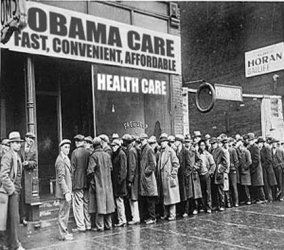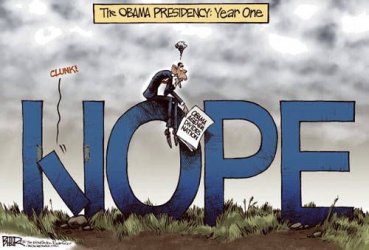Trajan
conscientia mille testes
danger will robinson. 70% in 2009.....we will hit the debt ceiling ( inc. all of the BS bills that were passed then and since last august) in Sept.
There is nothing quite like a $70 billion debt auction settlement at the last day of a month to bring total US debt to a record $15.692 trillion, which happens to be just $600 billion shy of the $16.394 trillion debt ceiling. (and no, contrary to simple economic textbook lesson, this does not mean that the private sector just got another $70 billion in debt capacity courtesy of taxpayers, as explained here). And now that we know what Q1 GDP was at the end of Q1, or namely $15.462 trillion, it is simply math to divine that today alone total US/debt to GDP rose by 50 bps to a mindboggling 101.5%.
Total US Debt Soars To 101.5% Of GDP | ZeroHedge
There is nothing quite like a $70 billion debt auction settlement at the last day of a month to bring total US debt to a record $15.692 trillion, which happens to be just $600 billion shy of the $16.394 trillion debt ceiling. (and no, contrary to simple economic textbook lesson, this does not mean that the private sector just got another $70 billion in debt capacity courtesy of taxpayers, as explained here). And now that we know what Q1 GDP was at the end of Q1, or namely $15.462 trillion, it is simply math to divine that today alone total US/debt to GDP rose by 50 bps to a mindboggling 101.5%.
Total US Debt Soars To 101.5% Of GDP | ZeroHedge






